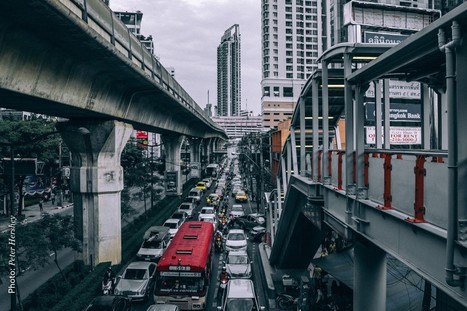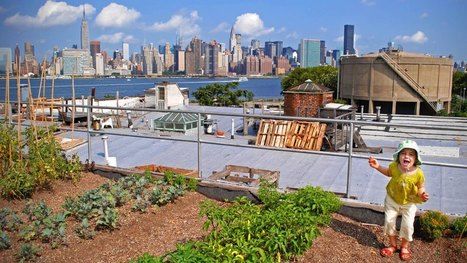The great cities of the world are stepping up to meet the challenge of climate change. Anne Hidalgo, Mayor of Paris and Chair of the C40 Cities Climate Leadership Group Climate change is the greatest threat facing our planet.
The leaders of the world’s great cities recognize that fact and are taking urgent action. But mayors need strong allies to deliver the transformations needed to create sustainable, green cities of the future. There is no greater partner for our campaign to save the planet than the Global Environment Facility.
C40 is a network of the world’s megacities commited to addressing climate change. Recent research by the C40 Cities Climate Leadership Group, Deadline 2020, makes clear the urgency of the climate crisis. The scale of the challenge is formidable. Emissions from the 91 C40 cities need to have peaked by 2020 and average per capita emissions need to almost halve by 2030.
There is no time to waste in order to deliver on the ambition of the Paris Agreement, to keep global temperature rise to below 1.5 degrees Celsius above pre-industrial levels, and therefore avoid catastrophic climate change.
Via Stephane Bilodeau



 Your new post is loading...
Your new post is loading...












